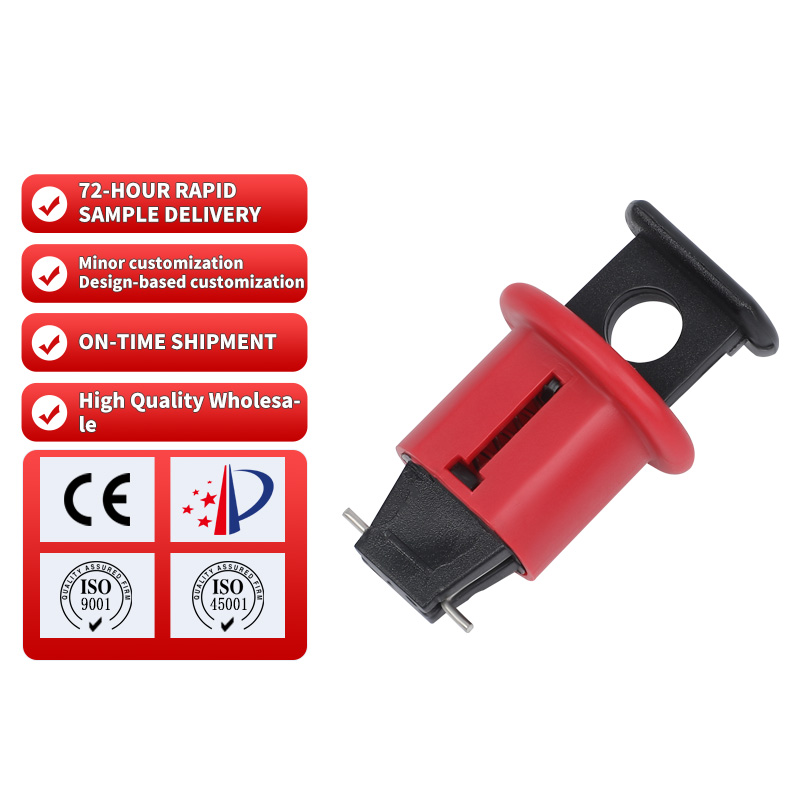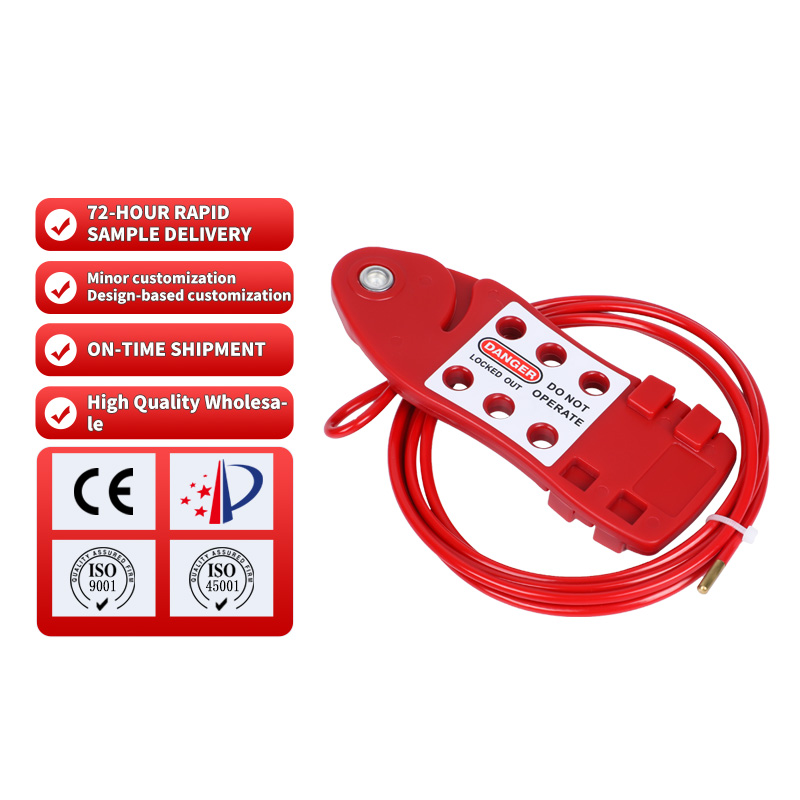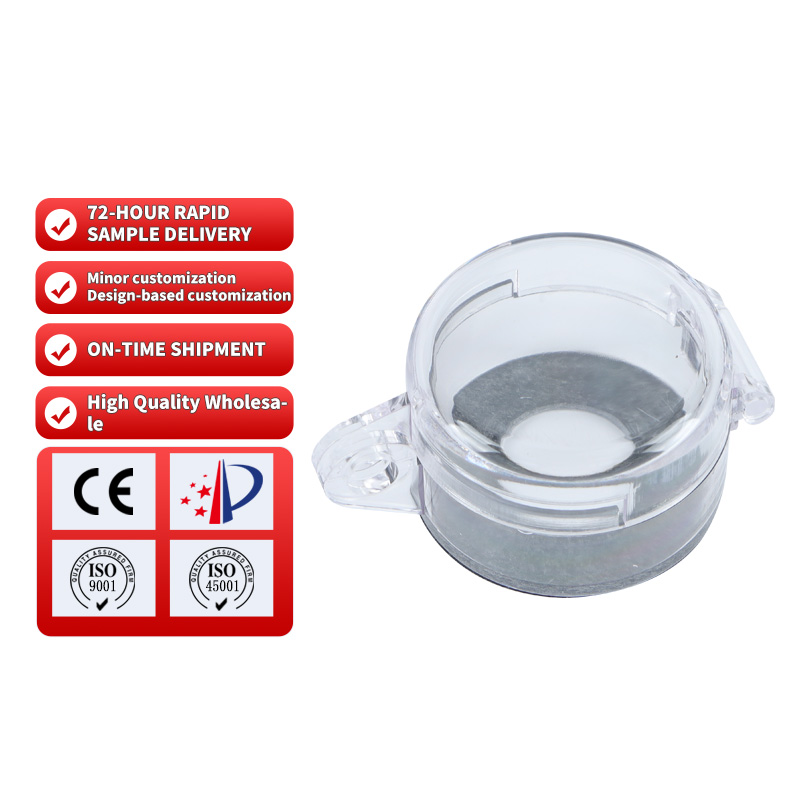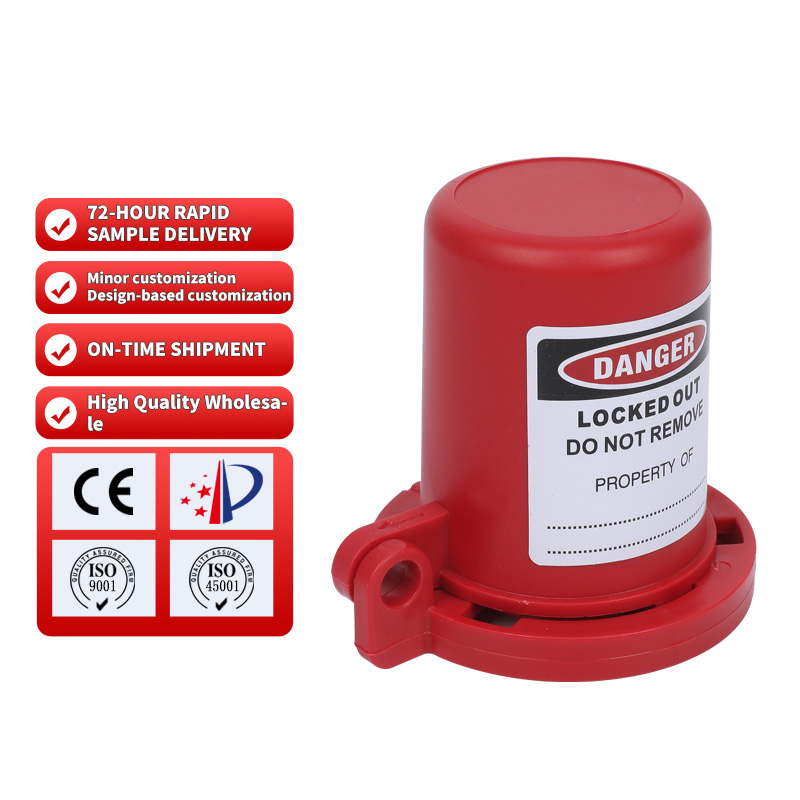
2025.09.12

2025.08.16

2025.08.09

2025.07.21
Date: 2024.10.14 Views: 924
Choosing the right valve lock is essential for ensuring the safety and security of your equipment or system. Valve locks are typically used in industrial and safety applications to prevent unauthorized operation of valves, which can lead to accidents, leaks, or system failures. Here are key factors to consider when selecting a valve lock:
1. Type of Valve
Different valves require different locking mechanisms, so the first step is to determine the type of valve you need to secure. Common valve types include:
Ball valves
Gate valves
Butterfly valves
Globe valves
Plug valves
Ensure that the lock you choose is compatible with the specific valve type. Some locks are universal, but others are specifically designed for certain valve configurations.
2. Valve Size
Check the size of the valve you need to lock. Valve locks come in various sizes to accommodate different valve dimensions. Make sure to choose a lock that fits snugly around the valve handle or lever.
3. Locking Mechanism
Valve locks can have different locking mechanisms, so consider what works best for your application:
Padlock-Ready Valve Locks: These valve locks have holes for attaching padlocks. You can add one or multiple padlocks depending on how many layers of security you want.
Integrated Locking Mechanisms: Some valve locks come with an integrated lock, either with a key or a combination mechanism.
Lockout Devices: In industrial settings, lockout devices (often used with lockout/tagout procedures) might be used to prevent the operation of valves during maintenance.
4. Material
Choose a valve lock made from durable, corrosion-resistant materials, especially if it's for use in harsh environments (e.g., chemical plants, outdoor installations). Common materials include:
Steel: Known for strength and durability, suitable for high-security applications.
Plastic or Polymer: Lightweight and corrosion-resistant, suitable for non-hazardous environments.
Stainless Steel: Excellent for both strength and resistance to corrosion, often used in chemical or marine environments.

